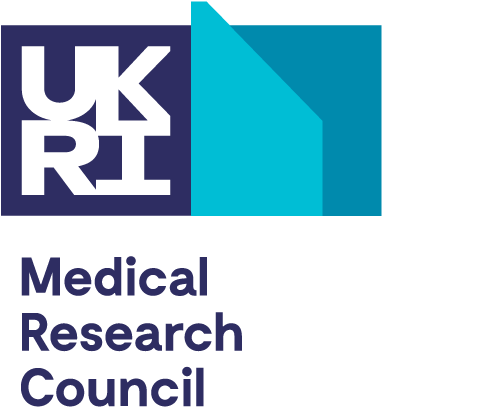If you are a researcher based in a university or the NHS, your local research office can offer you additional advice and support with your research. In universities this may be your ‘research governance’, ‘research integrity’, ‘research ethics’ or ‘sponsor’s’ office, or in the NHS your ‘research and development’ or an ‘R&D’ office. Find out who and where they are and contact them early. If you are based in a university, they may be in another school or college.
Your local research office can help explain any approvals that you will need for your research and put you in touch with others in your organisation who have a key role to play in reviewing and managing your research.
Ultimately you may require approval from your research organisation before your study can begin. You should consult your local research office early to determine what approvals you may need, how you can apply for these, and to discuss any possible issues that your proposed research may raise.
Your local research office can advise you on any requirements relevant to your study (which may include legal or contractual requirements, indemnity, intellectual property, etc.). They can also provide you with assistance on study design, facilitate discussions with support departments, provide peer review and offer guidance on any applications for research approvals.
Funding organisations usually require your research organisation to administer your grant. You should speak to your local research office early, to ensure you submit full costings for your funding application (to include full economic costing as appropriate).
Sponsorship
The UK policy framework for health and social care research is implemented across the UK. It outlines the requirement that all research taking place in the NHS or social care has a sponsor.
The role of sponsor is defined in both the UK policy framework and in the UK clinical trials regulations. Sponsors ensure that proper arrangements are in place to manage health research. For further guidance on the role of sponsor under the UK clinical trials regulations, please see sponsorship in the Clinical Trials Toolkit.
Sponsorship responsibilities may be shared between organisations (such as a university and NHS organisation), and certain tasks may be delegated to the chief investigator. In such circumstances any division of responsibilities should be agreed.
Sponsorship of a clinical trial of investigational medicinal product (CTIMP) is a statutory role, which should be formalised in a legal contract (learn more about contracts and agreements in the Clinical Trials Toolkit). Be aware that small-scale, proof of concept trials, early human safety trials of investigational medicinal products, trials of vaccines, gene therapy or cell therapy are likely to fall under the provisions of the clinical trials regulations.
If you are a researcher funded by MRC, you can find MRC requirements for sponsorship on the following pages:
- MRC policy on the UK policy framework for health and social care research
- MRC policy on the clinical trials regulation
It can take time to secure a sponsor, so it’s important to identify the sponsor early in the research process. In most cases the sponsor will be a research organisation, usually the employer of the lead researcher on the study. The lead researcher must ask the research organisation to sponsor their research.
Other experts you may want to consult
Statistician
A statistician can help you:
- design your study
- choose appropriate outcome measures
- justify your sample size
- draw up a study data analysis plan
- handle and structure collected data
If your study is small scale, and not intended to provide direct and definitive evidence to influence a change in practice, it may not be necessary to conduct a formal power calculation. However, you should be able to justify your proposed sample size.
Collaborators and support departments
If your study requires support from others, for example NHS departments (such as pharmacy or radiology), analytical laboratories or academic collaborators, you should consider how you will negotiate any potential involvement with them. You will need the full support of any collaborator or support department to ensure the successful completion of your study. Early consultation will ensure that any issues can be identified and addressed before your protocol or proposal is finalised. You should also consider any funding issues at this stage. Technical Assurance is implemented across the UK, to facilitate the process of applying for support from pharmacy or radiology within the NHS. There may be a fee for Technical Assurance review, depending on how it is managed.
There are times when you may need to formalise your collaborations with a legal contract (for example a service agreement, material transfer agreement, data sharing agreement, confidentiality agreement etc.). If this is relevant to your study, you should discuss these requirements with your local research office.


